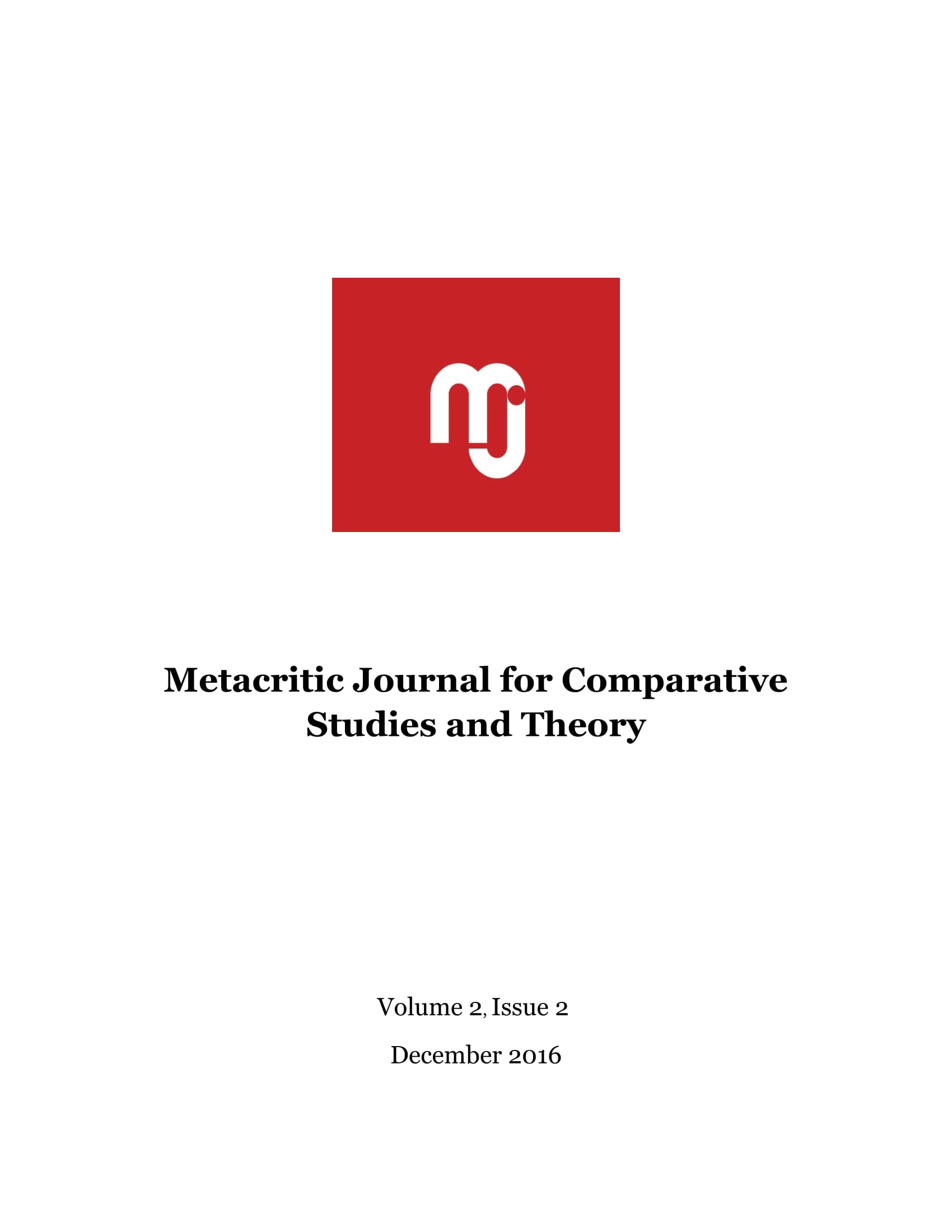Kuntaka’s Theory of VAKROKTI and Russian Formalism: Affinities and Parallelisms
Kuntaka’s Theory of VAKROKTI and Russian Formalism: Affinities and Parallelisms
Author(s): Ashima ShrawanSubject(s): Comparative Study of Literature, Theory of Literature
Published by: Universitatea Babeş-Bolyai
Keywords: language; literature; Vakrokti; obliquity; Russian Formalism; defamiliarization
Summary/Abstract: Both Indian and Western aesthetic thinking is impregnated with significant views about the language of literature. However, the Indian theory of vakrokti (obliquity) and the Western theory of Russian Formalism deal with the language of literature exhaustively. Kuntaka’s theory of vakrokti and Russian formalism consider that a certain obliqueness or indirection or defamiliarization is the most distinguishing characteristic of the language of literature. Both theories point out this very aspect of language of literature. In spite of this common ground, there is no onetoone correspondence between the theories. The present paper aims at exploring a significant area of intersection between the two. The basis of the intersection includes the development of both theories in terms of the levels of the language of literature, the role of author and the reader, the role of emotions and the role of sound and meaning.
Journal: Metacritic Journal for Comparative Studies and Theory
- Issue Year: 2/2016
- Issue No: 2
- Page Range: 114-132
- Page Count: 19
- Language: English

